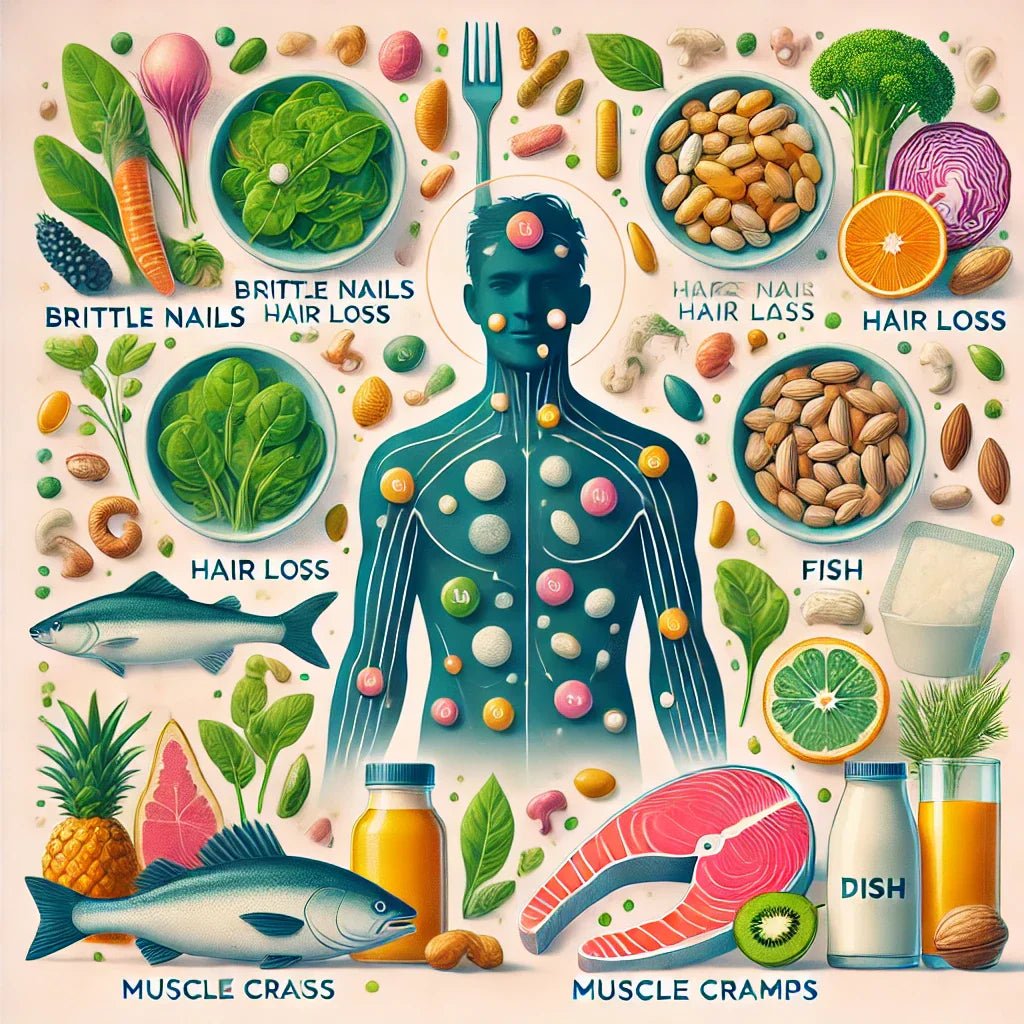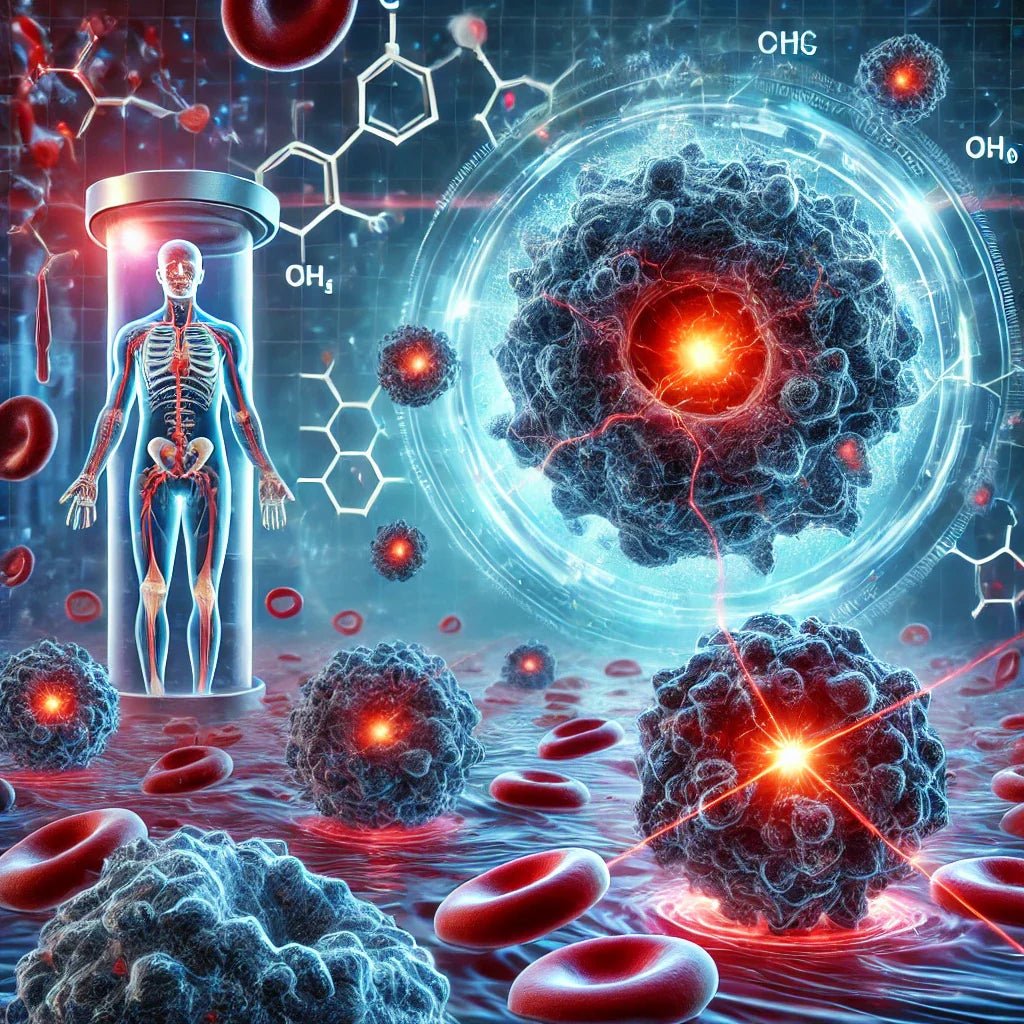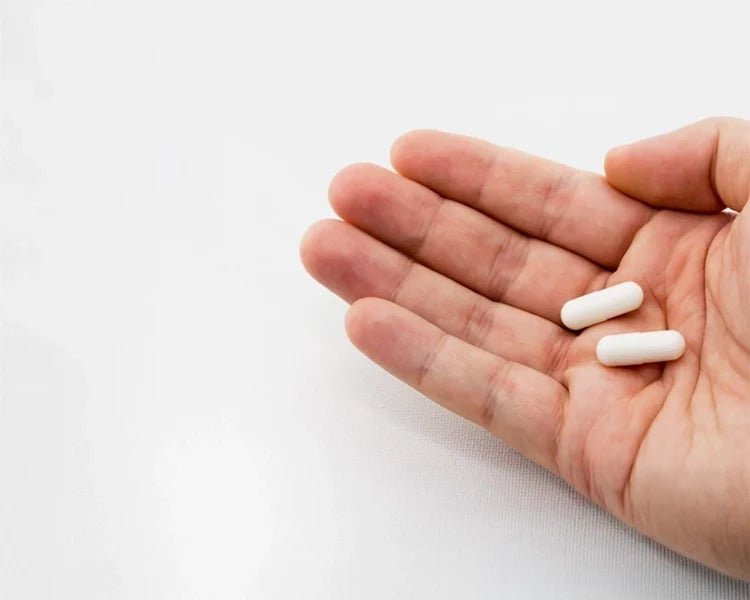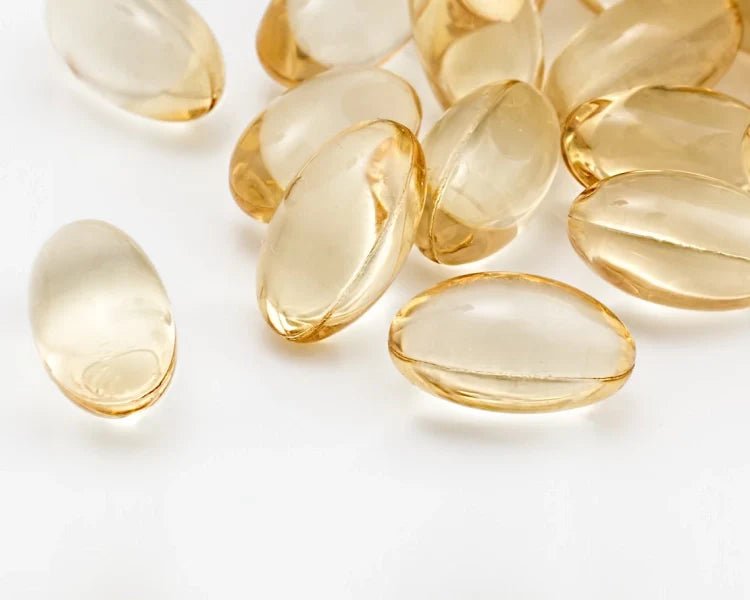Society's growing awareness of the impact of lifestyle on health means that when we are at increased risk of cancer or when we experience oncological disease in our immediate environment, we look for a way to help protect ourselves against cancer. In addition to realizing the need for early diagnosis, one of the first associations is often a change in the current lifestyle, including eating habits. And rightly so, because according to data published by the World Health Organization, as many as 30-40% of all cancer cases could be avoided by giving up stimulants (nicotine, alcohol), improving the quality of the diet, increasing physical activity and maintaining a healthy weight. The Cancer Research Foundation (WCRF) also drew attention to dietary factors as important in cancer prevention, which devoted as many as 8 out of 10 main recommendations for cancer prevention to elements related to diet. Similarly, the World Cancer Report 2020 emphasizes that both the quantity (e.g. energy value, dietary fiber content) and the quality of consumed food products and meals are important in dietary cancer prevention.
Is there one universal anti-cancer diet model?
When looking for the answer to this question, many people get lost in the thicket of information available on the Internet or popular mass media. A large number of publications on this topic, repeated dietary myths and nutritional recommendations not supported by scientific evidence make it difficult to decide on the optimal diet. It also happens that you may come across nutritional recommendations that are not only unjustified, but may even pose a threat to the health of the people using them, such as in the case of highly restrictive diets that eliminate selected dietary macronutrients or significantly deviate from the principles of the so-called rational nutrition.
Therefore, first of all, it should be clearly noted that an anti-cancer diet is a way of eating that, on the one hand, provides ingredients with a potential protective effect, and on the other - limits or even eliminates those with proven carcinogenic effects. This is a diet model that is not specific and limited only to cancer, but serves to improve the health of the general population, e.g., at the same time protects against the development of obesity, cardiovascular diseases, or type 2 diabetes. In contrast, highly individualized dietary assumptions support for oncological therapy (because there is no diet that in itself "cures cancer"), the main principles of the anti-cancer diet apply in many clinical situations, can be used by a wide range of recipients and, importantly, are safe.
Principles of an anti-cancer diet in a nutshell
The current state of scientific knowledge allows us to conclude that the most beneficial in this respect is a diet pattern based mainly on plant products, rich in whole grain products, non-starchy vegetables, fruits and legumes. Plant products are the main source of substances with anti-carcinogenic properties and reducing the risk of recurrence - dietary fiber, vitamins and minerals, and bioactive natural substances, including: phytoestrogens, polyphenols, phytosterols and monoterpenes. WCRF recommends that plant products be consumed in at least 5 main meals and that their amount per day should not be less than 400g. In the case of dietary fiber, its daily intake should not be lower than 30g.
According to WCRF, animal products should be significantly restricted in the diet - mainly red meat. Its consumption should not exceed 3 servings per week (350-500 grams per week). The consumption of processed meat should be reduced to the minimum necessary, and if possible, this type of food products should be completely excluded from the diet. In fact, the anti-cancer diet does not involve giving up dairy products, poultry or fish, but it clearly indicates that their share in the daily menu cannot dominate the amount of plant products.
Similarly to a "healthy, rational diet", people who want to reduce the risk of cancer are recommended to significantly limit or even give up the consumption of processed foods high in saturated and trans fats and sugar.
Excluding sweetened drinks from the diet is another feature of the anti-cancer diet. These drinks, by providing simple sugars, also increase the amount of calories consumed and result in an increase in body fat. Many previous studies have proven that some cancers, including cancer of the oral cavity, esophagus, stomach, pancreas, liver, large intestine, breast and endometrium, may result from excess body weight, hence it is also important to ensure that the energy value of the diet was tailored to the real needs of the body.
In the case of alcohol, complete abstinence is recommended.
Bearing in mind that no food product contains all potentially anticarcinogenic ingredients, make sure to diversify your diet. Only by eating a variety of foods can you provide complementary ingredients with anti-cancer potential.
To sum up, it is worth emphasizing once again that there is no single, ideal for everyone and 100% effective model of an anti-cancer diet, but there is strong evidence that a diet based on products of plant origin (various colored vegetables and fruits, whole grain products, legumes) , in which the supply of meat (especially red), processed products (e.g. instant food, fast food, rich in E-additives), simple sugars and alcohol is eliminated, may protect against the development of cancer. The goal of effective dietary health prevention is to permanently improve eating behavior, so when looking for the perfect anti-cancer diet, do not expect a "miracle diet", but focus on a well-thought-out, rational one, tailored to your capabilities and goals, and long-term improvement of eating habits in the direction of the principles described above.
Małgorzata Moszak
- World Cancer Research Fund/American Institute for Cancer Research. Diet, Nutrition, Physical Activity and Cancer: a Global Perspective. Continuous Update Project Expert Report 2018
- Key TJ, Bradbury KE, Perez-Cornago A, et al. Diet, nutrition, and cancer risk: what do we know and what is the way forward? BMJ. 2020 Mar 5;368:m511.
- Wild CP, Weiderpass E, Stewart BW, editors (2020). World Cancer Report: Cancer Research for Cancer Prevention. Lyon, France: International Agency for Research on Cancer. Available from: http://publications.iarc.fr/586. License: CC BY-NC-ND 3.0 IGO.






